Related Research Articles

Howard Spring was a Welsh author and journalist who wrote in English. He began his writing career as a journalist but from 1934 produced a series of best-selling novels for adults and children. The most successful was Fame Is the Spur (1940), which was later adapted into a film starring Michael Redgrave, and later still a BBC TV series (1982) starring Tim Pigott-Smith and David Hayman.

Henry Koster was a German-born film director. He was the husband of actress Peggy Moran.
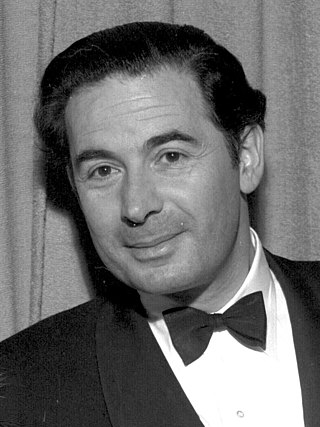
Leopold John Genn was an English actor and barrister. Distinguished by his relaxed charm and smooth, "black velvet" voice, he had a lengthy career in theatre, film, television, and radio; often playing aristocratic or gentlemanly, sophisticate roles.
Sidney Gilliat was an English film director, producer and writer.
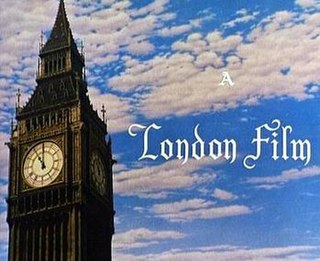
London Films Productions is a British film and television production company founded in 1932 by Alexander Korda and from 1936 based at Denham Film Studios in Buckinghamshire, near London. The company's productions included The Private Life of Henry VIII (1933), Things to Come (1936), Rembrandt (1936), and The Four Feathers (1939). The facility at Denham was taken over in 1939 by Rank and merged with Pinewood to form D & P Studios. The outbreak of war necessitated that The Thief of Bagdad (1940) be completed in California, although Korda's handful of American-made films still displayed Big Ben as their opening corporate logo.
Lieutenant-Colonel Arthur Richard Rawlinson, OBE was a British Army officer who served on the Western Front, and then in military intelligence in both World Wars. He served as head of MI.9a, and of MI.19. In peacetime, he developed a very successful career as a screenwriter and also produced several films.
Oskar Sima was an Austrian actor who is best remembered for appearing in supporting roles in countless comedy films from the 1930s to the 1960s.

Sir Hector Horace Hearne was an English barrister and judge.

Clarence Muse was an American actor, screenwriter, director, singer, and composer. He was the first African American to appear in a starring role in a film, 1929's Hearts in Dixie. He acted for 50 years, and appeared in more than 150 films. He was inducted into the Black Filmmakers Hall of Fame in 1973.

Sir Rowland Edward Whitehead, 3rd Baronet KC MP was a British barrister and Liberal Party politician.

Ian Fleming was an Australian character actor with credits in over 100 British films. One of his best known roles was playing Dr Watson in a series of Sherlock Holmes films of the 1930s opposite Arthur Wontner's Holmes.
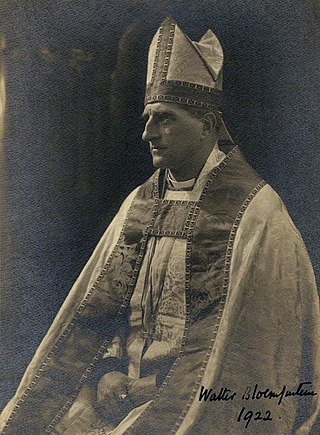
The Rt Revd Walter Julius Carey was an English Anglican clergyman and author who served as Bishop of Bloemfontein in South Africa from 1921 to 1935. Carey was a rugby union forward who played club rugby for Oxford University and Blackheath and played international rugby for the British Isles XV in their 1896 tour of South Africa.

Beatrice Evelyn Varley was an English actress who appeared in television and film roles between 1936 and 1964. She made her screen debut in the 1936 film Tomorrow We Live and began to portray a variety of character roles in films such as Oh, Mr Porter!, Holiday Camp and The Wicked Lady before moving predominantly into television until she died in 1964.
Sir Paul Ogden Lawrence was a British barrister and judge.
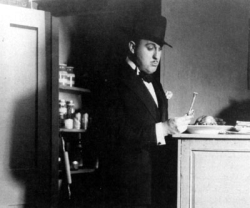
Garry Marsh was an English stage and film actor.
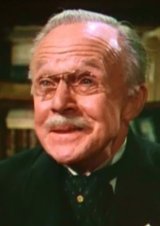
Harold Elliott Makeham was an English film and television actor.

Jane Carr was the stage name of English stage and film actress Rita Brunstrom.
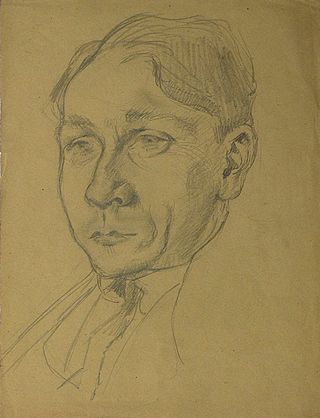
Paul Kemp was a German stage and film actor. Kemp worked as a piano accompaniest for silent films, and then served as an ambulance driver on the Western Front during the First World War. Post-war he moved into acting on the stage in Düsseldorf and Hamburg. His career really took off when he moved to Berlin in 1929, appearing in the hit stage version of the novel Menschen im Hotel by Vicki Baum. He made his film debut in 1930, shortly after the introduction of sound film. He appeared prolifically in German and Austrian films until his death in 1953.
Kurt Herlth (1896–1966) was a German art director known for his designs of film sets. His brother Robert Herlth was also an art director active in the German film industry, and the two men worked together a number of times.
References
- ↑ The Sampson Family, Mrs Lilla E. (Briggs) Sampson, Williams & Wilkins Co., 1914, p. 45
- ↑ Men-at-the-Bar: A Biographical Hand-list of the Members of the various Inns of Court, second edition, Joseph Foster, Hazell, Watson, & Viney Ltd, 1885, p. 410
- ↑ The Records of the Honourable Society of Lincoln's Inn, William Paley Baildon, Lincoln's Inn, 1896, p. 351
- ↑ Edwards, Martin (3 March 2003). "Richard Hull - A Retrospective". Deadly Pleasures. Archived from the original on 6 September 2015.
- ↑ "HMCTS".